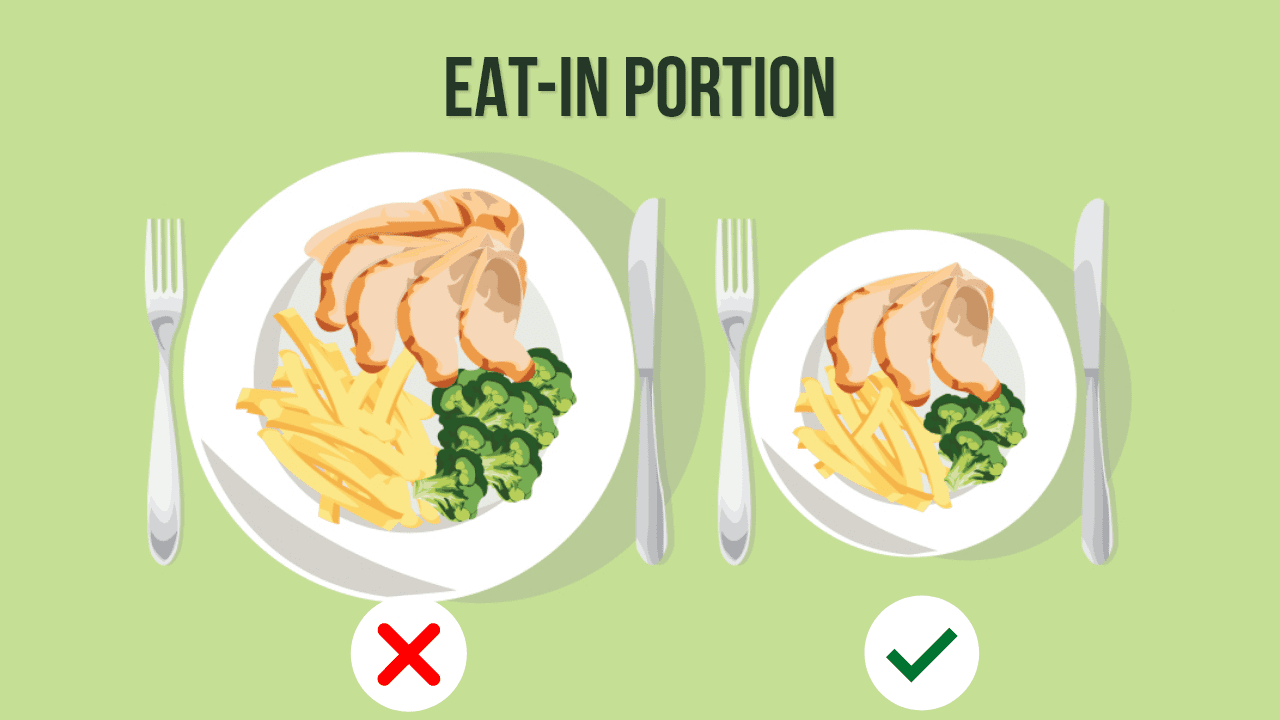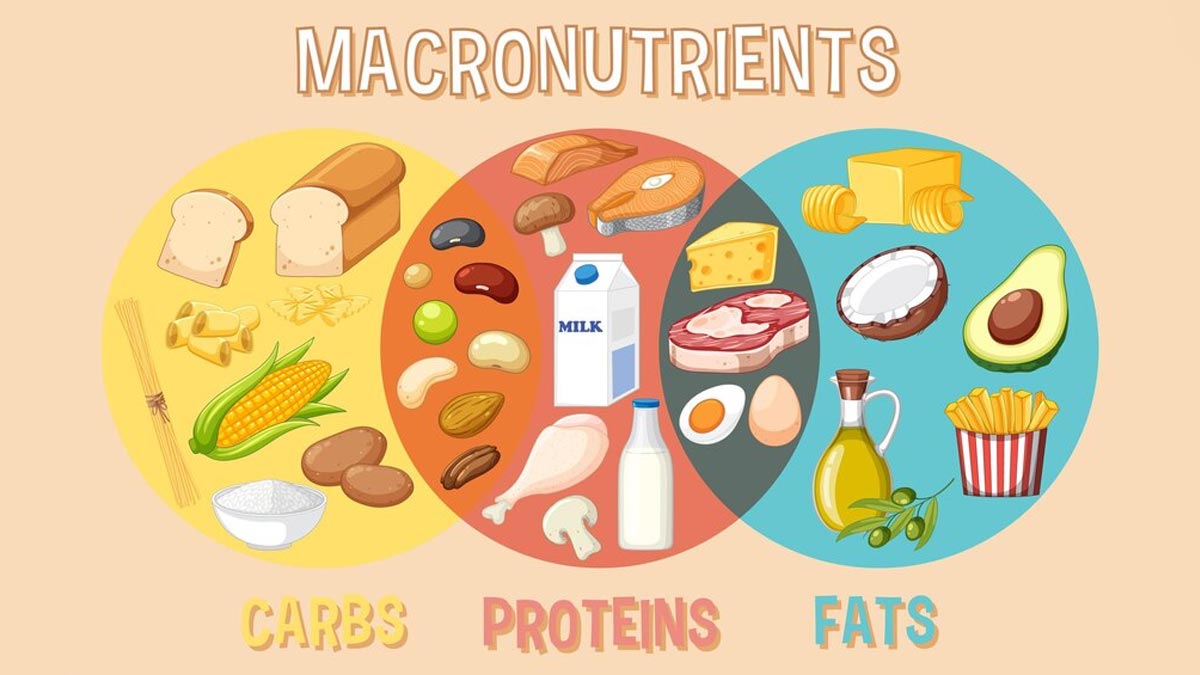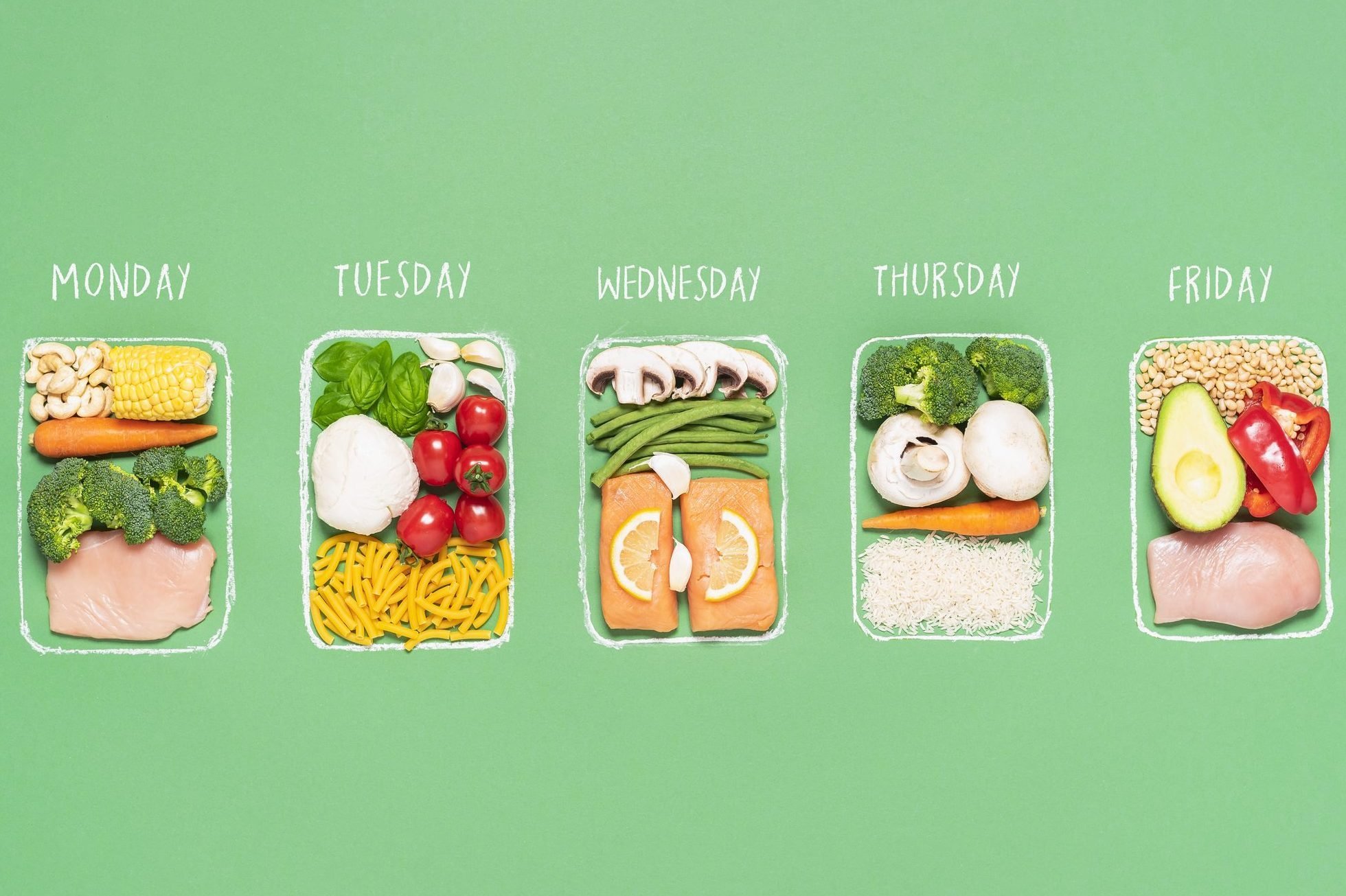Weight loss is a common goal for many individuals, yet the real challenge lies in achieving it sustainably. While crash diets and extreme approaches may yield rapid results, they rarely lead to lasting change and can even be detrimental to your health. The cornerstone of successful weight loss is developing healthy eating habits that are maintainable over time. This article will delve into the top healthy eating habits for weight loss, enabling you to not only shed excess weight but also uphold a balanced, healthy lifestyle.
Prioritize whole foods.
Whole foods, such as fruits, vegetables, whole grains, lean proteins, and healthy fats, should be the cornerstone of your diet. These foods are packed with vital nutrients and are low in processed sugars and unhealthy fats, making them excellent choices for weight loss. Whole foods are also more satiating, which can assist in lowering overall calorie intake.
Understanding the Significance of Whole Foods.
Whole foods are abundant in fiber, which enhances digestion and keeps you feeling full for longer. This can help manage hunger pangs and minimize the urge to snack on unhealthy alternatives. Additionally, whole foods deliver crucial vitamins, minerals, and antioxidants that bolster overall health, making them superior to processed options.

Effectively manage your portion sizes.
Even nutritious foods can lead to weight gain if consumed in excess. Portion control is vital in regulating your calorie intake. Recognizing suitable portion sizes can aid you in eating just enough to satisfy your hunger without overindulging.
Effective Portion Size Management Strategies
- Utilize Smaller Plates: A smaller plate can create the illusion of a larger portion, tricking your mind into feeling content with less food.
- Examine Labels: Be mindful of serving sizes on food labels to prevent overeating.
- Heed Your Body’s Signals: Eat slowly, stopping when you are full, rather than waiting for your plate to be empty.

Stay hydrated with plenty of water.
Adequate water intake is crucial for weight loss. Often, our bodies misinterpret thirst as hunger, leading to unnecessary snacking. Staying well-hydrated helps curb cravings and supports your metabolism, making calorie burning easier.
What is the daily water intake you need?
Aim for at least 8 glasses (approximately 2 liters) of water a day. This may vary based on your activity level and climate, so be attentive to your body and drink when you feel thirsty.
Optimize Macronutrient Ratios.
A well-balanced diet includes the right mix of carbohydrates, proteins, and fats. Each macronutrient is essential for your body’s functions and can positively impact your weight loss process.
Energy and bodily functions.
Choose complex carbohydrates like whole grains that provide sustained energy and help maintain satiety. Steer clear of simple sugars and refined carbs, as these can cause blood sugar spikes and contribute to weight gain.
Essential macromolecules for bodily function and structure.
Protein is vital for muscle repair and growth, particularly during weight loss. Incorporate lean protein sources such as chicken, fish, tofu, and legumes into your meals.
Health impacts of different fats.
Healthy fats, like those from avocados, nuts, seeds, and olive oil, are important for satiety and nutrient absorption. Don’t avoid fats entirely; just ensure you consume the right types in moderation.

Embrace Mindful Eating.
Mindful eating involves fully engaging in the experience of eating and drinking, both internally and externally. It’s about being present during meals and making intentional food choices without distractions like TV or smartphones.
Benefits of Mindful Eating Techniques.
- Enhanced Digestion: Eating slowly and chewing thoroughly allows your body to digest food more effectively.
- Greater Satisfaction: Being mindful of the flavors, textures, and aromas of your food can elevate your eating experience and lessen the chances of overeating.
- Improved Food Relationship: Mindful eating helps foster a healthy relationship with food, emphasizing nourishment over restriction.

Organize Your Meal Plans.
Planning meals in advance can assist you in making healthier choices and avoid last-minute decisions that often lead to unhealthy eating habits. Meal planning guarantees that you have access to balanced, nutritious meals throughout the week, minimizing the temptation to opt for quick, unhealthy alternatives.
Meal Planning Tips to Start Now.
- Create a Weekly Menu: Determine your meals for the week, taking into account your nutritional needs and preferences.
- Prep Ingredients Ahead of Time: Chop vegetables, cook grains, and prepare proteins in advance to streamline meal preparation.
- Keep Healthy Snacks Ready: Stock your pantry with healthy snacks like fruits, nuts, and yogurt to manage hunger cravings between meals.

Eliminate sugary beverages for better health.
Sugary drinks, such as sodas, sweetened teas, and juices, are high in calories and provide little to no nutritional benefit. These beverages can quickly accumulate calories and impede your weight loss objectives.
Healthier Beverage Options.
- Water: The optimal hydration choice without added calories.
- Herbal Tea: Provides flavor and health benefits without sugar.
- Infused Water: Add slices of fruit or herbs to water for a refreshing, low-calorie beverage.

Avoid skipping meals.
Skipping meals may seem like an easy technique to reduce calories, but it can backfire by leading to overeating later in the day. Regular meals help stabilize your metabolism and maintain energy levels throughout the day.
The Significance of Regular Meals.
- Prevents Overeating: Eating at regular intervals stops extreme hunger, which can result in overeating.
- Maintains Blood Sugar Consistency: Consistent meals help keep blood sugar steady, reducing cravings for unhealthy snacks.
Concluding thoughts and summary.
Embracing healthy eating habits is the most effective way to achieve and sustain weight loss. By focusing on whole foods, managing portions, staying hydrated, balancing macronutrients, practicing mindful eating, planning meals, avoiding sugary beverages, and never skipping meals, you can cultivate strategies that yield long-term success. By incorporating these approaches into your daily life, you will not only lose weight but also enhance your overall health and well-being. The ultimate goal is not just to lose weight, but to develop a lifestyle that fosters a healthier, happier you.

